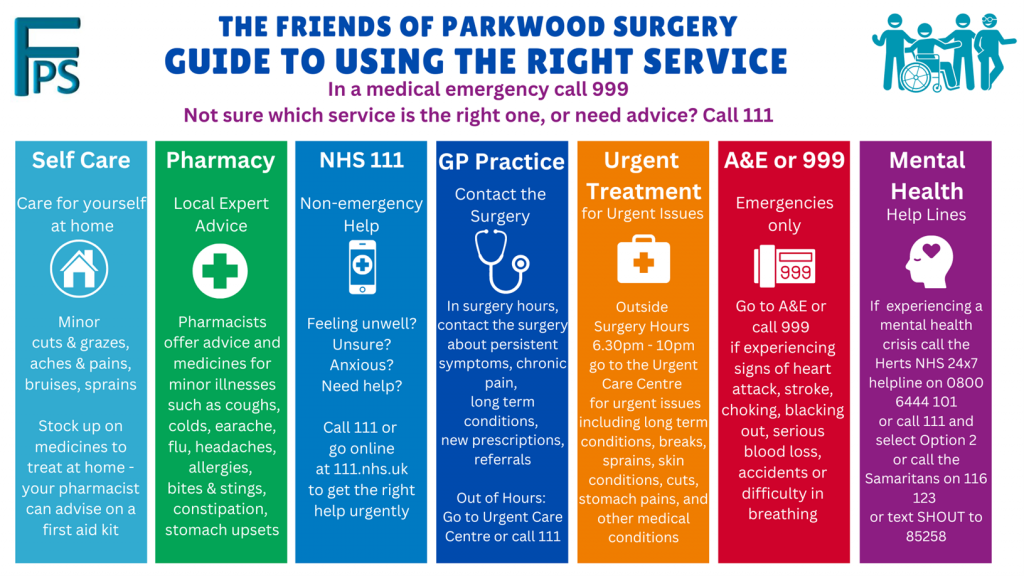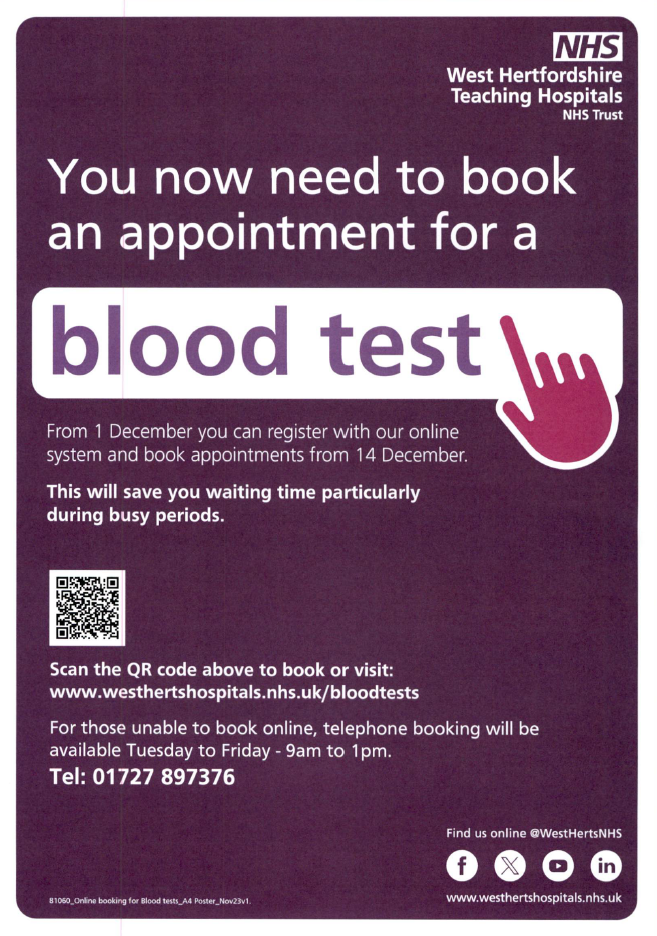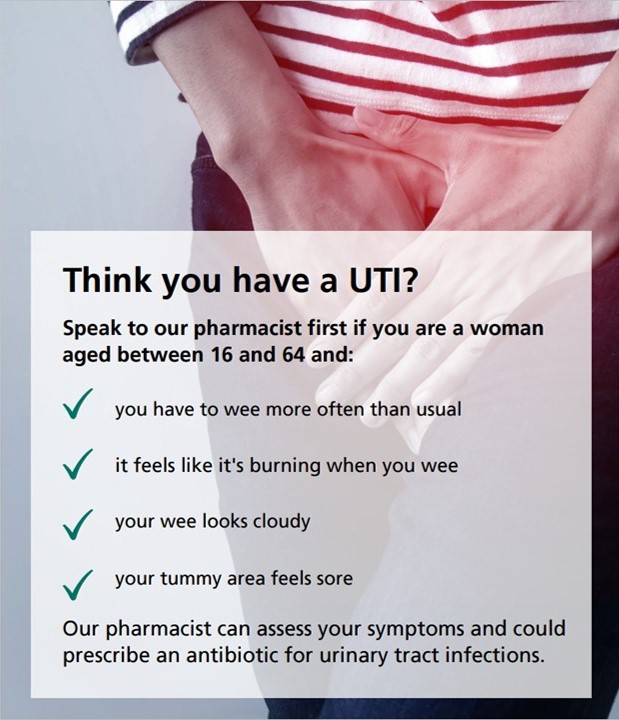
Welcome to Leap Year February!
This morning, during a random Google search, I found that the word ‘patient’ comes from the Latin ‘patiens’ from the verb ‘ patior’ which means ‘to suffer or bear’. So we patients, in this language, are passive, bearing whatever suffering is necessary and, it could be argued, tolerating the interventions of those who look after our health care. Thinking about modern health care, I wondered if this remains an accurate description of how many of us experience the many changes which are occurring at the moment.
Later in the morning, I attended a webinar run by the Patients Association entitled ‘Understanding changes in primary care: your wider general practice team’. It was attended by people from all over England and had presentations by a paramedic, a physiotherapist, mental health practitioner, a social prescriber, and a representative from the patient perspective, who runs a patient helpline.
The prominent issues for me were around thinking of patients holistically – it’s often not just about the sore throat we’ve sought help about but thinking about the wellbeing of the whole person – and just how important that relationship between the practitioner and the patient is to engender trust.
Then, there was the issue of communication. I was left thinking and wondering how many of us truly understand why we’re seeing, for example, a pharmacist when we’re expecting to see a doctor. Do we even know that before we attend the surgery? Are we reassured that they have the expertise and are part of a wider team with all the information they need to offer us the right care? Who supervises them – a GP or their own professional body? One interesting comment was viewing receptionists as ‘care navigators’ rather than the negative ‘gatekeepers’: practitioners in their own right who find the right path forward for a patient. Is this how we view our receptionists in our surgery? Is shared decision making about our health a reality? In short, do our expectations as patients match the service offered today?
So many questions which we, in the FPS committee, know well from the comments we see on Facebook and our website. As a committee we want to be able to represent as wide a range of patients as possible. We want to know what issues are affecting you and, perhaps most importantly, whether there are any ideas about how we can take things forward as a committee.
Let us know – your views are vital.
And if you’d like to watch the webinar yourself, you can find the recording here.

As your committee, we regularly put forward your queries, concerns and feedback to the surgery management. Here are some of the top concerns you’ve raised with us, and the responses we’ve received from the surgery.
The surgery reports that the fortnightly release of appointments has helped to make appointments more readily available, without patients having to rush on a Wednesday morning. Two weeks’ worth of appointments are released every other Wednesday, which can be booked via telephone or in-person at the surgery. For the schedule and more information, check out the surgery’s website.
Some comments on social media in the past month have surrounded how to make a complaint to the surgery. The turnaround time on complaints has been something neither patients nor the surgery have been happy with, and more staff time is being spent trying to clear the backlog. If you wish to make a complaint about the surgery, whether this is clinical or admin based, follow the guidance on the surgery’s website.
Using PatientAccess for repeat prescriptions
We know lots of you are already using this service following the surgery’s big push for online prescription requests last year. If you’re still to take the plunge, or need some further guidance, why not try our guides?
Using the right service
It feels like there are any number of places which provide medical help these days, and it can be hard to know which is the most appropriate for any given issue. To help, we’ve put together this infographic, adapted from a range of NHS resources available. Why not save a copy or print it for future reference?

Knit and Natter Group
The Knit and Natter group continues to meet on Tuesdays from 2-4pm at the Community Hall on Great Sturgess Road. If you’d like to come along to it, or know someone who would like a chat and some company, please contact Val on 01442 255449.
Check out the minutes of our meetings
The minutes from FPS’ monthly meetings, including our most recent January meeting, are available here. We hope this will improve the transparency for patients so you can see your concerns and queries are being raised.
Want to stay up to date?
One easy way to keep up to date with FPS’ events is to follow us on our Facebook page. Every time we update the website, we’ll post a link there!
Unsubscribe from FPS communications
If you wish to unsubscribe from receiving communications about FPS, you will need to contact the surgery to ask for this note to be placed on your file. FPS does not hold any data on patients other than that provided directly by them, such as emails sent to the FPS mailbox.
Those who’ve recently had to visit the blood clinics at West Herts Teaching Hospital Trust’s sites may have noticed there is a new booking system in place to try to reduce waiting times. The booking service is now available online.
For patients unable to book online, telephone booking is available Tuesday to Friday, between 9am and 1pm on 01727 897376.
Some exceptions apply: haematology and anticoagulation patients will continue to receive clinic appointment letters and do not need to book online. Glucose tolerance tests can only be booked via telephone.
Already used the booking service? Let us know how you got on!

The Community Pharmacy UTI Service
This service operates in several pharmacies in the local area. The overall aim of the service is to ensure that patients, where appropriate, can be referred to a pharmacy to consult with a pharmacist, can access self-care advice, or can be supplied with antibiotics for the treatment of uncomplicated urinary tract infections.
Find out more here.
